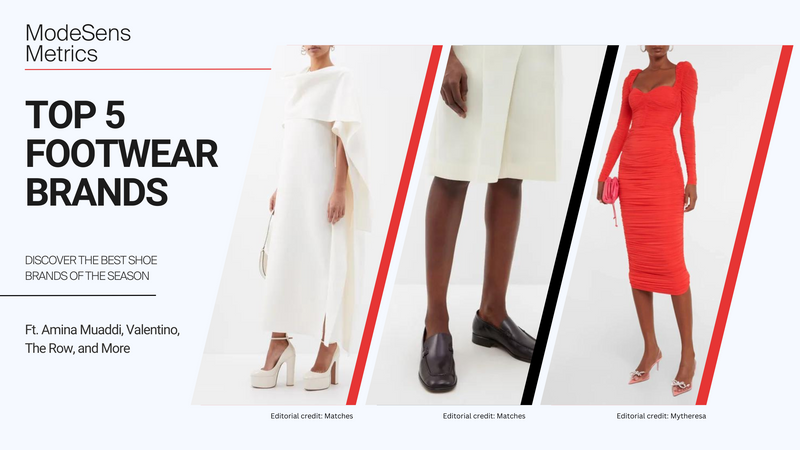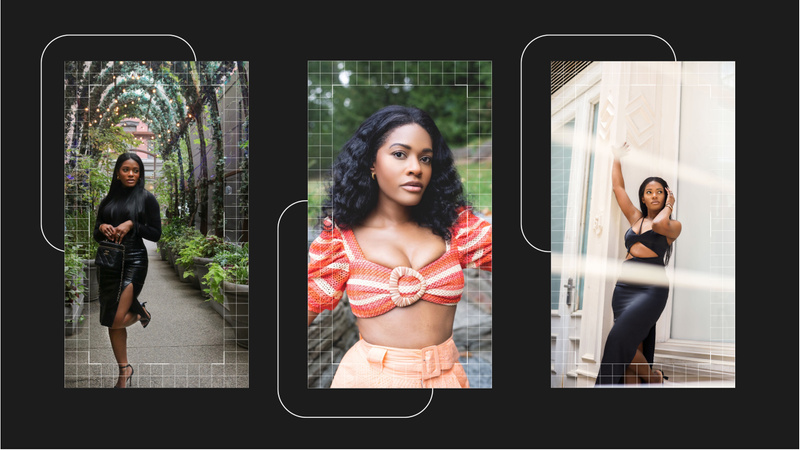Brand Spotlight: Loewe

In the ever-evolving fashion landscape, some brands stand out as true luxury pioneers, effortlessly blending tradition and innovation to create a unique identity that captivates the global audience. Among these trailblazers is Loewe. From its roots in the mid-19th century to its recent meteoric rise, we explore Loewe’s fascinating history, recent popularity, and growing cultural impact.
History of Loewe and its Recent Dominance in Fashion
Founded in 1846 in Madrid, Spain, by Enrique Loewe Roessberg, Loewe started as a collective of leather artisans dedicated to creating exceptional leather goods. The brand quickly gained recognition for its craftsmanship and became the official supplier to the Spanish royal family. With a legacy rooted in heritage and quality, Loewe has built a reputation that spans generations.
In recent years, however, Loewe has undergone a remarkable transformation, transitioning from a well-regarded luxury brand to a dominant force on the global fashion landscape. This transformation can be attributed in part to its association with the renowned luxury conglomerate Louis Vuitton Moët Hennessy (LVMH). This association with the luxury powerhouse has provided Loewe with a solid foundation for further growth and global reach.
Loewe’s history with LVMH started in 1986 when the conglomerate bought the rights to Loewe’s international distribution. A decade later, LVMH completely acquired Loewe. At the time, the brand was considered one of LVMH’s smaller acquisitions, reporting sales of around $200 million a year.
Over the next few decades, the brand would fall under the leadership of various designers and creative directors, before finding modern success under the leadership of British designer Jonathan Anderson. Today, Loewe is still sported by a diverse array of people across the globe, from members of the Spanish Royal Family to custom pieces for Beyoncé’s Renaissance World Tour, and everyday shoppers looking to join in on the brand’s recent revitalized success.
Is Loewe a Luxury Brand?
Yes, Loewe is undeniably a luxury brand. Renowned for its exceptional craftsmanship, timeless designs, and use of high-quality materials, Loewe epitomizes luxury in every sense. From exquisitely crafted leather goods to cutting-edge ready-to-wear collections, the brand offers a wide range of products that cater to the discerning tastes of luxury fashion consumers worldwide.
Even with its new success, Loewe is committed to the same level of craftsmanship that won the praises of royalty over 100 years ago.
How Do You Pronounce Loewe?
The pronunciation of Loewe can be a bit tricky for those unfamiliar with the brand. The correct pronunciation is "LOH-eh-veh," with an emphasis on the first syllable.
Why is Loewe Popular?
Loewe's popularity can be attributed to several factors that have propelled the brand to new heights. The brand’s commitment to preserving its heritage while embracing innovation has resonated with a broad audience. By blending traditional craftsmanship with contemporary design elements, Loewe has managed to strike a perfect balance between the classic and the cutting-edge.
Anderson's visionary approach to fashion has resulted in collections that are both daring and elegant, appealing to people seeking something fresh and unique. In Loewe’s recent Fall/Winter 23 runway show, the brand challenged our perception of garment construction. As Fashionista states, a two-tone set from the show appears to be made of feathers, despite being made from paillettes — the French term for sequins. Other pieces from the show convey prints that are blurry, giving an artificial look you’d find in a cartoon or animation.
Loewe's focus on sustainability has also contributed to its popularity. The brand actively implements eco-friendly practices, demonstrating its dedication to environmental responsibility—a cause that resonates strongly with the modern consumer.
Loewe's journey from a storied leather goods collective to a global fashion powerhouse is a testament to the brand's adaptability and forward-thinking approach. By combining the worlds of streetwear and luxury, Loewe has carved out a niche that sets it apart from its competitors. With its roots firmly planted in tradition and its gaze fixed firmly on the future, Loewe continues to shape the fashion industry and inspire consumers worldwide. As the brand's meteoric rise over the past few years has demonstrated, Loewe is a name that will continue to leave an indelible mark on the world of fashion for years to come.




